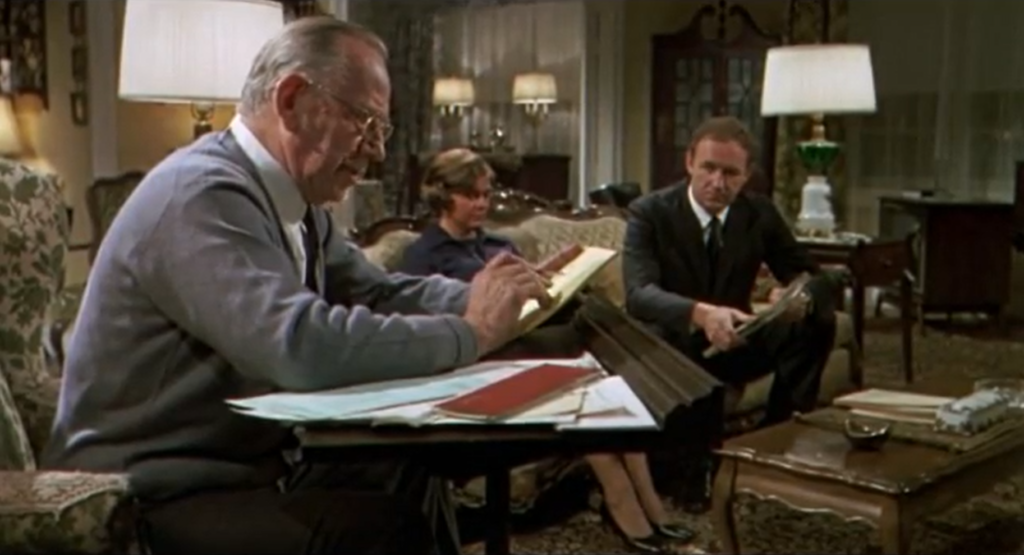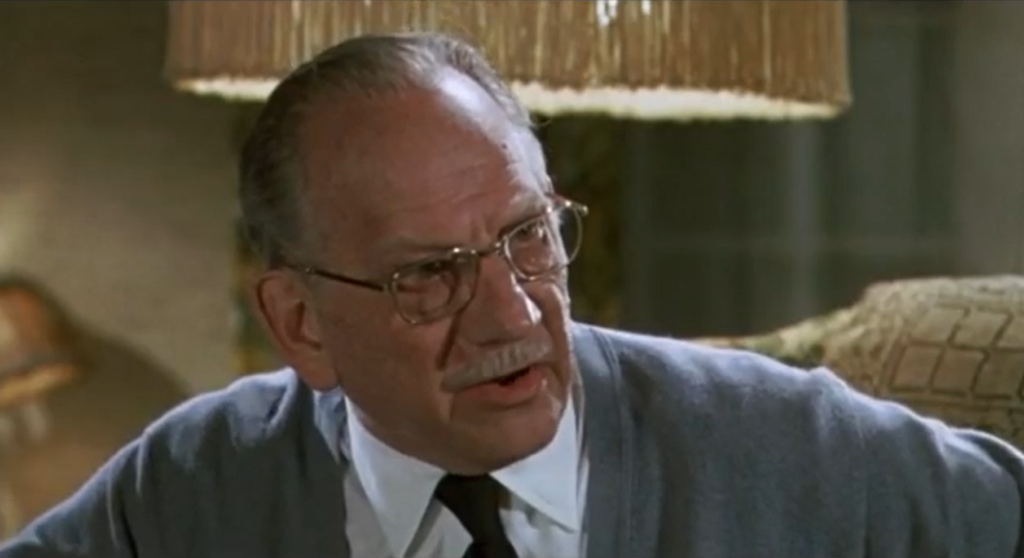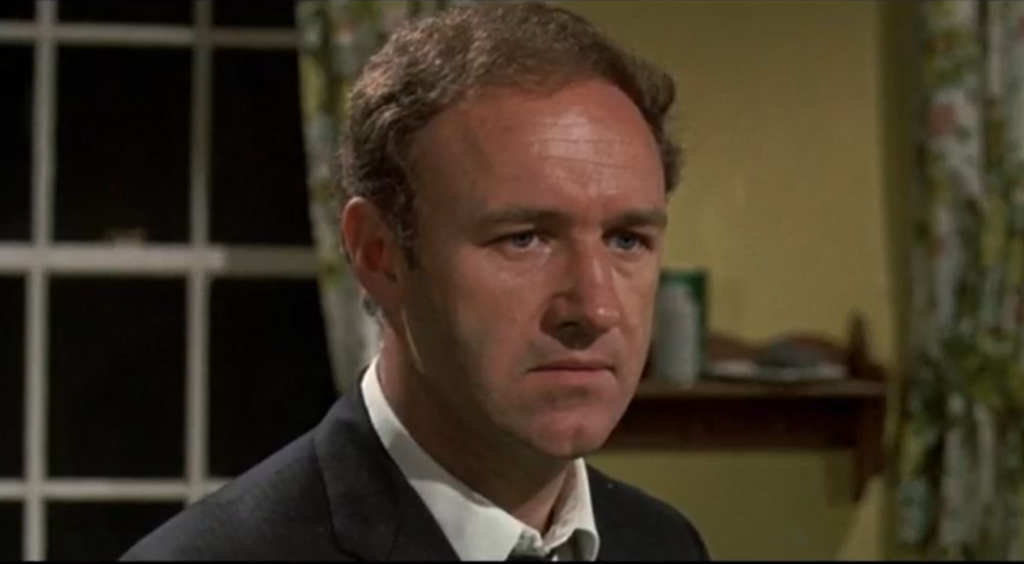|
Genres, Themes, Actors, and Directors:
- Father and Child
- Gene Hackman Films
- Grown Children
- Melvyn Douglas Films
- Play Adaptation
Review:
This Oscar-nominated drama — based on Robert Anderson’s autobiographical play — received radically diverse reviews upon its release, with Vincent Canby of The New York Times lambasting it as “a wretched motion picture”, and Roger Ebert praising it as “one of the most unforgettably human films I can remember.” The truth lies somewhere in between: I Never Sang for My Father is a frustrating blend of positive elements (fine performances and authentically drawn characters) with an overly theatrical script, stagy direction, and an obtrusively melodramatic score. Each time an emotionally powerful scene emerges, director Gilbert Cates tacks on swelling background music and/or unnecessary flashback sequences to emphasize the point; meanwhile, it’s impossible to forget that I Never Sang… was originally a stage play, given several obvious “end of act” speeches, and only a limited attempt to open up the story to outside locales. With that said, certain small exchanges — such as Douglas commenting on his lack of chest hair in comparison with his son — ring so true that it’s obvious screenwriter Anderson was drawing from intensely personal experiences; and the actors — particularly Douglas and Hackman — give such fine, credible performances that one can’t help retaining an interest in the characters despite the film’s deeper flaws.

Ultimately, however, it’s not “must see” viewing.
Redeeming Qualities and Moments:
- Melvyn Douglas as Tom Garrison

- Gene Hackman as Gene Garrison

Must See?
No, but it’s worth viewing once.
Links:
|
One thought on “I Never Sang for My Father (1970)”
This is one of those movies I always thought I had seen…but seeing it now, I’m not sure of that. Maybe I felt that way ’cause I once had a bit part in a stage production – and so was familiar with the material. At any rate, the film version did seem new to me.
I agree overall with the assessment – I don’t think it’s must-see.
That said, the film does contain two especially powerful sequences: the film’s centerpiece – in which Douglas, Hackman and Estelle Parsons have a father/children showdown; and the penultimate scene, in which Douglas and Hackman finally have it out themselves. Potent stuff in both – fine acting in them, and they mark the film’s best writing. Almost anyone watching is bound to be thrown into thought – not only about their own parent/child relationships (even if the specifics are different) but the prospects of aging as well.
Director Cates had a career mostly in television, and this is the film’s major downfall: it looks and feels like a made-for-tv movie.
However, perhaps the most interesting aspect of the film is the chance to compare the work here of Hackman and Parsons with their polar-opposite performances in ‘Bonnie and Clyde’, released three years prior. Parsons, in particular, turns in a very controlled and assured performance in ‘I Never Sang…’, and Hackman once again proves himself a very sturdy and dependable actor.